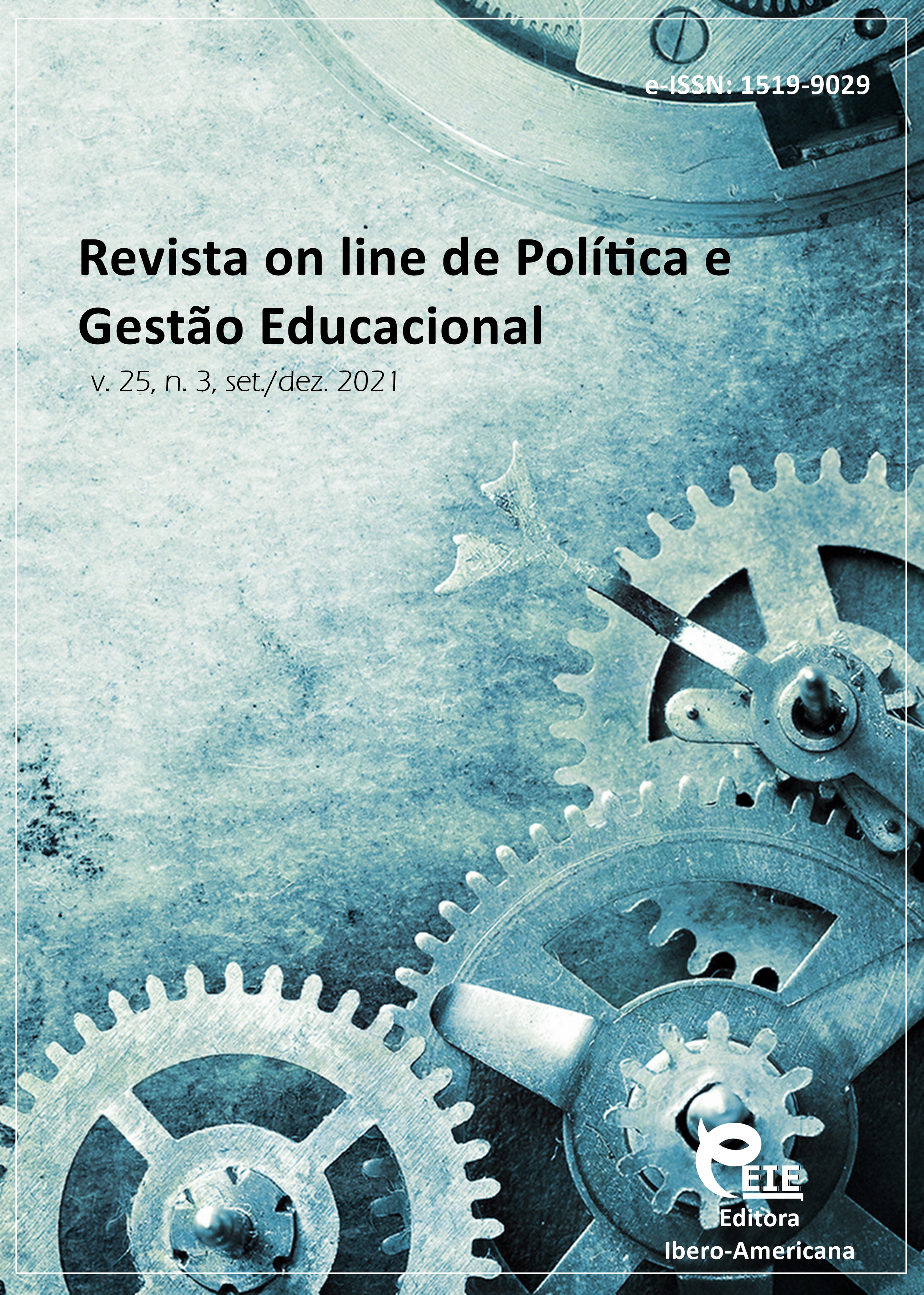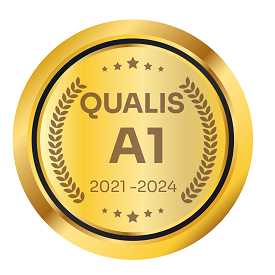La educación política sabia: características, principios y eficacia
DOI:
https://doi.org/10.22633/rpge.v25i3.15471Palabras clave:
Educación política, Sabiduría, Normas políticas, Roles políticos, ÉticaResumen
La educación política significa preparar a los ciudadanos para que acepten los roles sociales y desempeñen los deberes políticos en la sociedad. La educación política sabia es uno de los modelos educativos que hunde sus raíces en la tradición filosófica de la antigua Grecia y ha sido considerada por pensadores de diferentes periodos históricos. En este modelo educativo se sigue la institucionalización de los valores y normas políticas y sociales en tres ámbitos de la educación: individual, familiar y social. En este proceso, la educación física y mental de los individuos comienza desde la infancia y se les enseña las habilidades y la conciencia política y social en el camino del desarrollo. Enseñar las virtudes morales y evitar los vicios morales es la base de una sabia educación política. La institución de la familia tiene la tarea de institucionalizar en los niños valores y normas como el amor, el afecto, el valor, la amistad, la cooperación y el imperio de la ley. Y en el proceso, los individuos están preparados para aceptar y desempeñar papeles políticos y sociales.
Descargas
Citas
AKBARIAN, R. Relationships between religion and philosophy in the Islamic world. Tehran: Publishing Organization of the Institute of Islamic Culture and Thought, 1386.
AMERI, M. Al-Sa’adah wa al-As’ad fi al-Sīrah al-Insaniyah. Edited by Mojtaba Minuyi. Tehran: University of Tehran, 1408.
AUGUSTINE in The City of God. Edited by James Wetze. Cambridge University Press, 2012.
BAYĀNĪ, S. Religion and government in Mongol Iran. Tehran: University Publishing Center, 1370 HS.
DINANI, G. H. I. D. The story of philosophical thought in the Islamic world. Tehran: New design, 1371 HS.
FĀRĀBĪ, A. N. The views of the people of Utopia, Research, Nader Nasri. Beirut: Dar al-Mashreq, 1991.
FĀRĀBĪ, M. Punishment for the sake of happiness. Edited by Ja’far Al Yassin. Tehran: Hekmat, 1371.
HALABĪ, A. A. History of Philosophy in Iran and the Islamic World. Tehran: Asatir Publications, 1373.
HOBBES, T. Leviathan. Edited by C, B, MacPherson. Penguin Classics, 1985.
Hosseini, A. A.; QAEMI, F. Linkage the Education and Politics in Ancient Greek Political Thought. Political Research, n. 2, p. 8-25, 1390.
IBN SINA, A. A. Ar-Rasā’il (treatise on the science of ethics). Bombay: Golzar Hassani Printing House, 1318.
IBN SINA, A. A. As-Siyāsah. Cairo: Dar al-Arab, 1985.
JAEGER, W. Paideia: The Ideals of Greek Culture: Archaic Greece. Translated by Gilbert Highet. Oxford University Press, 1939.
JUWAYNĪ, A.-M. I. M. Tārīkh-i Jahāngushāy Juwaynī. Edited by Muhammad Qazwīnī. Tehran: Bamdad, 1329.
LOKE, J. Two Treatises of Government. Edited by Petter Laslett. Cambridge University Press, 1997.
MAYER, F. History of educational ideas. Translated by Ali Asghar Fayyaz. Tehran: Samt, 1374. v. 1.
MOTE’ALLEHIN, M. S. The transcendent wisdom in the four intellectual journeys. Beirut: Dar al-Īhyā al-Turāth al-Arabī, 1981.
PLATO The Republic. Edited by Christopher Rowe. Penguin Classics, 2012.
PLATO The Republic. Tehran: Scientific and Cultural Publications, 1390.
RAD, M. Y. Political Thought of Khajeh Nasir al-Din Tūsī. Qom: Book Garden, 1380.
REZAYEE, A. A. History of Iranians. Tehran: Publications of Durr, 1378.
TŪSĪ, N. A.-D. The Nasirean Ethics. Edited by Mojtaba Minuyi and Alireza Heydari. Tehran: Kharazmi, 1373.
TŪSĪ, N. A.-D. The Nasirean Ethics. London: george allen and unwin, 1964.
Publicado
Cómo citar
Número
Sección
Licencia
Derechos de autor 2021 Revista on line de Política e Gestão Educacional

Esta obra está bajo una licencia internacional Creative Commons Atribución-NoComercial-CompartirIgual 4.0.
Manuscritos aceitos e publicados são de propriedade da Revista on line de Política e Gestão Educacional. É vedada a submissão integral ou parcial do manuscrito a qualquer outro periódico. A responsabilidade do conteúdo dos artigos é exclusiva dos autores. É vedada a tradução para outro idioma sem a autorização escrita do Editor ouvida a Comissão Editorial Científica.











